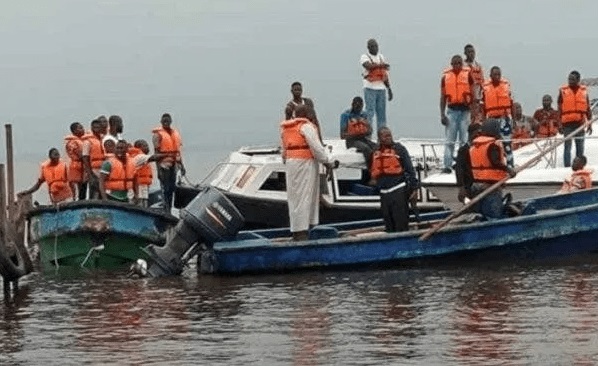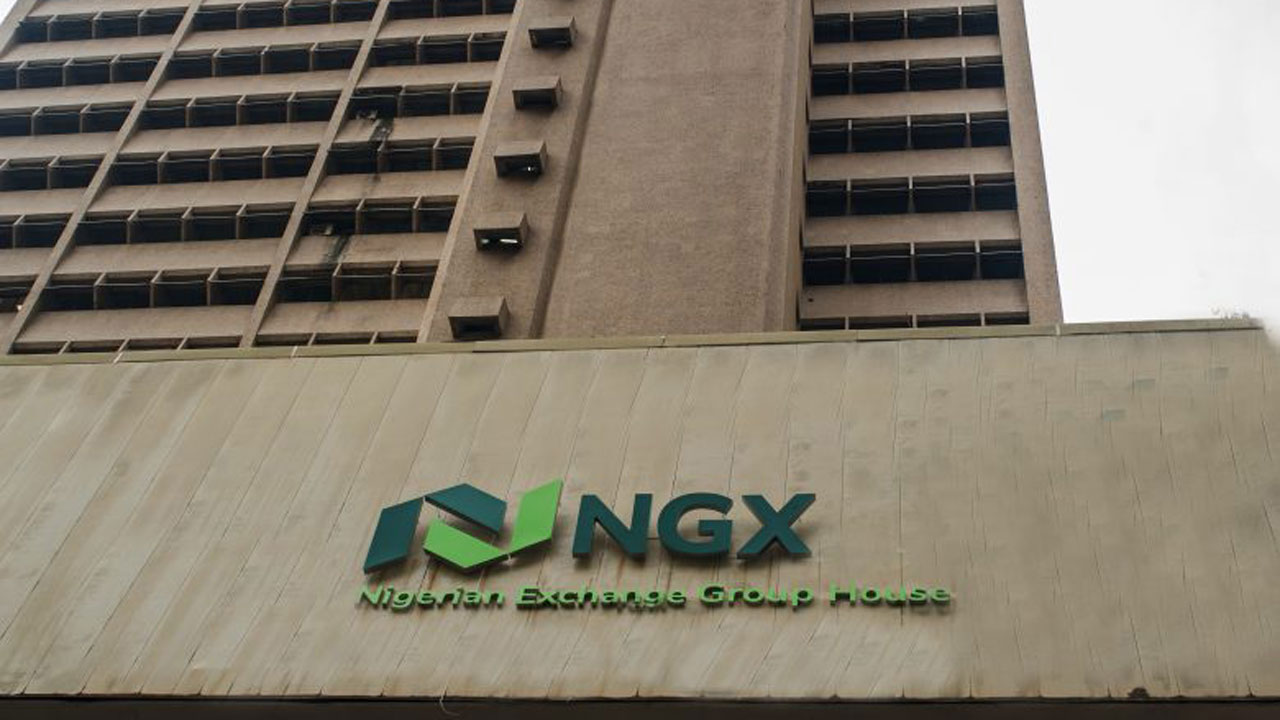African Export-Import Bank (Afreximbank) and Nigeria Export-Import Bank (NEXIM) are offering $750,000 grant to construct the main channel of the Niger-Benue river in Nigeria.
The two banks embarked on the channeling of the Niger-Benue River as part of the Regional Sealink Project, which aims to bridge the gap in maritime transport infrastructure and improve trade connectivity in West Africa.
As part of the deal, Afreximbank is contributing $350,000 while NEXIM is providing $450,000 for the bathymetric survey as well as the hydrographic and hydrological studies of the lower Niger-Benue River.
A statement by the partners said the studies will be undertaken under a joint collaboration framework by the Nigerian Navy Hydrography Department, Nigeria’s National Inland waterways Authority (NIWA) and Sealink Consortium Partners.
When completed, “the studies will support the early commencement of the inland waterways operations planned under the Regional Sealink Project, by enabling the development of the inland waterways navigation chart as well as river ports and anchorage plans that will facilitate bulk commodities and general cargo shipping, thereby boosting Nigeria’s bulk commodities trade and exports,” Afrexim said.
READ ALSO: Nigerian Stock Market Records N94.7bn Profit
The President of Afreximbank, Prof. Benedict Oramah, said, “The project will facilitate regional transit, especially with the commencement of trading under the African Continental Free Trade Agreement (AfCFTA).”
According to him, the project will enhance Nigeria’s attractiveness as an investment destination and foster regional integration and trade in the ECOWAS region.
Speaking on the project, the Managing Director of NEXIM, Mr. Abubakar Abba Bello, said “The execution of the Grant Agreement strongly aligns with the strategic objectives of Afreximbank and NEXIM in trade promotion and support for the development of trade facilitating and enabling infrastructure that will deepen the partnership engagements of both institutions to foster trade connectivity, especially under the African Continental Free Trade Area (AfCFTA).












